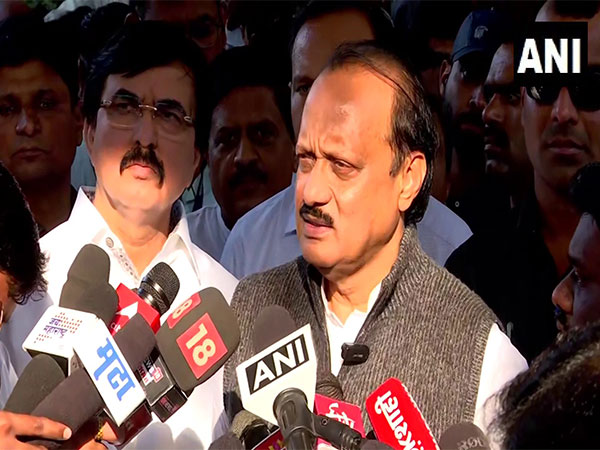NCP Strengthens Ahead of Maharashtra Elections; Ajit Pawar Leads Charge
The Nationalist Congress Party (NCP) has formed a seven-member core group to bolster its organization and influence ahead of upcoming elections in Maharashtra. This follows a major party split, with Ajit Pawar joining the Maharashtra government as Deputy CM. Recent election wins highlighted BJP's dominance in the region.

- Country:
- India
In preparation for the impending local and civic polls in Maharashtra, the Nationalist Congress Party (NCP) announced on Friday the establishment of a seven-member core group. This group aims to enhance the party's organizational strength, policy implementation, and influence on government welfare initiatives throughout the state.
The core group includes prominent figures such as party national president and Maharashtra Deputy Chief Minister Ajit Pawar, working president Praful Patel, and influential leaders like Sunil Tatkare and former ministers Chhagan Bhujbal and Dillip Walsepatil. Joining them are Medical Education Minister Hasan Mushrif and Food and Civil Supply Minister Dhananjay Munde.
Ajit Pawar's influence on the NCP is notable as his faction emerged following a split from the unified party after disputes with then-party president Sharad Pawar. This faction later captured the party name. On July 2, 2023, Ajit Pawar facilitated another NCP division, aligning with the Eknath Shinde-led Maharashtra government as Deputy CM alongside eight NCP cabinet ministers.
The 2024 Maharashtra Assembly Election resulted in a sweeping win for the BJP-led Mahayuti, securing 235 seats. The Shiv Sena and NCP achieved 57 and 41 seats respectively, marking a landmark victory for the BJP with 132 seats. NCP's Chhagan Bhujbal approved the state government's plan to enforce Marathi as a mandatory language in official capacities, emphasizing cultural respect and linguistic integration.
In Nashik, Bhujbal emphasized the value of honoring local languages, citing examples from other states like Chennai and Telangana, where native languages hold sway in official and social contexts. He advocated for the learning and adoption of Marathi by stating, "People in Chennai, Telangana, and other states speak their language. If we can learn and speak Hindi, then other people can also learn Marathi. It is a good language." Bhujbal concluded by encouraging linguistic adaptability, saying, "If we go to any state, then we should try to learn the language of that place." (ANI)
(With inputs from agencies.)










